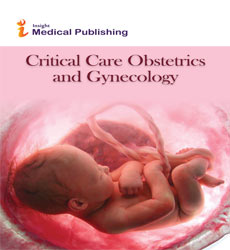Assessment of Knowledge, Perception and Practices
Tientche B
University of Buea, P.O.Box 63 Buea, Cameroon
Published Date: 2022-04-14Abstract
Background: Understanding local knowledge about malaria can help in designing sustainable community-based malaria control programs. Thus, the purpose of this study was to generate information on knowledge, perceptions and practices and the preventive measures as regards. Methods: A cross-sectional survey was conducted September to October 2013 among 851 households from 9 villages in Ekondo Titi Subdivision using structured questionnaire. Questions assessed knowledge, perceptions and practices about malaria among tribal villagers. The data were analyzed using SPSS 20.0 statistical softwareprogram. Results: Most of the respondents 58.2% attributed malaria to mosquito bites. However, some of the respondents (28.8%) mentioned drinking dirty water, midges and standing in the sun as the causes of malaria transmission. Avoiding stagnant water (60.9%) and Clearing of bushes (71.5%) were the most frequently mentioned malaria preventive measures perceived and practiced by the respondents. Only 11.05% of 851 participants owned at least one long lasting insecticide treated net (LLIN). Thirty-nine point nine (39.9%) of respondents indicated that they experienced the last malaria episode more than three months ago.
Open Access Journals
- Aquaculture & Veterinary Science
- Chemistry & Chemical Sciences
- Clinical Sciences
- Engineering
- General Science
- Genetics & Molecular Biology
- Health Care & Nursing
- Immunology & Microbiology
- Materials Science
- Mathematics & Physics
- Medical Sciences
- Neurology & Psychiatry
- Oncology & Cancer Science
- Pharmaceutical Sciences
